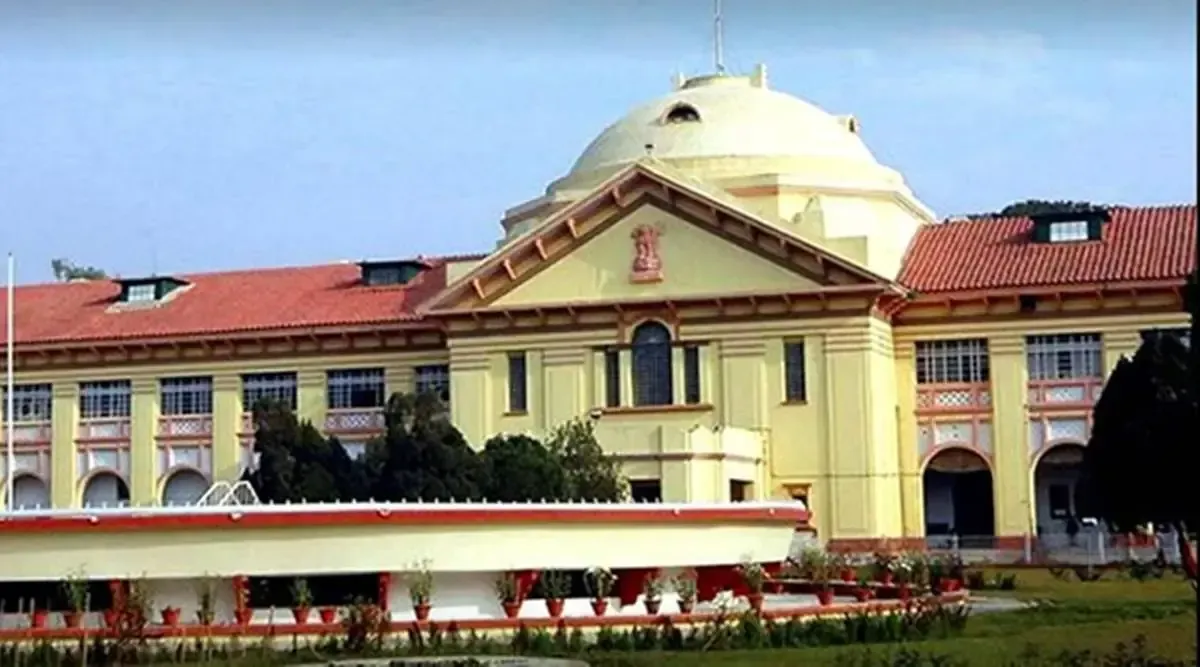In a noteworthy ruling, the Patna High Court addressed the issue of whether a notarized gift deed could be considered in the context of a partition suit without undergoing a separate adjudication process. The case came to light when an intervenor in a partition suit claimed that a notarized gift deed was a valid document that should be acknowledged in the partition proceedings. The High Court, however, rejected this claim, emphasizing that notarization alone does not validate the gift deed in the absence of a proper adjudication process and a formal trial. This decision has significant implications for property law and the validity of gift deeds in legal disputes, particularly in partition cases.
The central issue in the case was whether a notarized gift deed, which is a document executed voluntarily by one party to transfer property to another, could be accepted without independent scrutiny in a partition suit. The petitioner, an intervenor in a family dispute over property, argued that the gift deed executed and notarized between family members should be considered as legally binding in the ongoing partition case. However, the other parties in the dispute contended that notarization did not amount to a conclusive transfer of property, as it lacked the required formal registration process mandated by the law for property transfer in cases of immovable property.
In response, the Patna High Court clarified that a notarized gift deed does not hold the same weight as a registered deed. While notarization serves as a verification of signatures and the identity of the signatories, it does not constitute the legal process required for the valid transfer of property, particularly in cases involving immovable property. The Court observed that notarization alone does not meet the stringent legal requirements set out under Indian law, especially the Transfer of Property Act, which mandates that a gift deed involving immovable property must be executed on a non-testamentary basis and be registered to be legally enforceable.
Furthermore, the Court ruled that such a deed could not be considered without a separate adjudication process in a partition suit. The Court held that the parties involved in the partition suit were entitled to contest the validity of the gift deed, and any claims regarding the deed's authenticity or legality needed to be decided through an independent trial. This decision reinforces the principle that issues relating to property rights must be thoroughly examined and cannot be resolved summarily without proper legal scrutiny.
The judgment also highlighted the importance of ensuring that all parties involved in property disputes are given an equal opportunity to present their case and contest claims, particularly when such claims may affect their share of the property. By emphasizing the need for a separate adjudication process, the Patna High Court has reinforced the rule of law in matters involving property and family disputes, ensuring that all legal procedures are followed and that decisions are based on thorough examination and evidence.
This ruling is likely to serve as an important reference point in future partition suits and property-related disputes, especially where the validity of gift deeds is contested. It underscores the importance of adhering to legal formalities in property transactions, particularly those involving immovable property, and serves as a reminder that notarization alone does not suffice to establish the validity of such transactions in the eyes of the law.










0 Comments
Thank you for your response. It will help us to improve in the future.